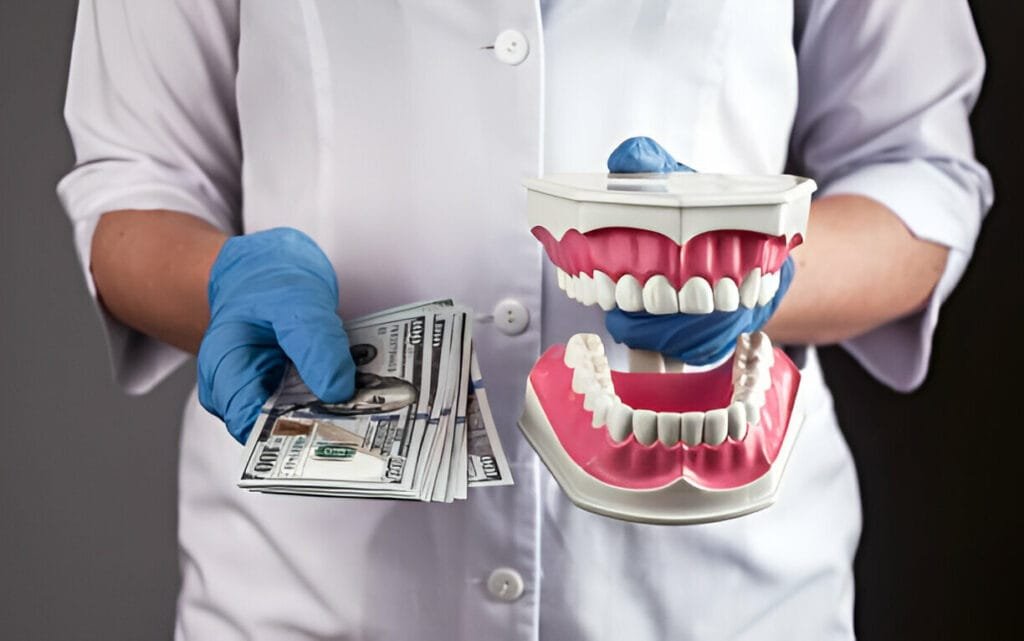Bulgaria is now one of the top choices in Europe for students wanting to study dentistry. The country is known for its high-quality education, affordable tuition fees, and English-taught programmes. Many international students choose Bulgaria because they get a world-class degree without the heavy financial burden found in other countries.
Tuition Fees: Affordable Yet Excellent
The cost to study dentistry in Bulgaria is quite reasonable compared to the UK or Western Europe. Tuition fees range from €6,900 to €9,000 per year depending on the university. Below are some examples:
- Medical University of Varna – €6,900 per year
- Sofia Medical University – €8,000 per year
- Plovdiv Medical University – €8,800 per year
These fees usually cover lectures, laboratory work, clinical practice, and access to university resources. Most universities offer dentistry programmes in English, and students are not required to learn Bulgarian to complete their studies, although doing so can be helpful during clinical placements.
How long does it take to become a dentist in Bulgaria?
Course Duration and Structure
Dentistry in Bulgaria typically lasts five to five and a half years, followed by six months of clinical training and state exams. That makes the full journey around six years in total. In the early years, students focus on theoretical sciences like anatomy, physiology, and pharmacology. Later, the focus shifts to clinical skills and hands-on training with patients.
Total Cost of Studying Dentistry in Bulgaria
Let’s break down the estimated total cost of studying dentistry in Bulgaria:
Tuition Fees (per year):
€6,900 – €9,000
Total Tuition for 6 years:
€41,400 – €54,000
Living Costs (monthly):
€600 – €1,000
Living Costs (yearly):
€7,200 – €12,000
Total Living Costs for 6 years:
€43,200 – €72,000
Estimated Total Cost for 6 Years (all-inclusive):
€84,600 – €126,000
Is Studying Dentistry in Bulgaria Worth It?
Entrance Exam and Application Process
To gain admission into a Bulgarian dental university, students must usually pass an entrance exam in Biology and Chemistry. Some universities also test English language skills. The test is multiple choice and is often conducted online. After passing the entrance exam, you’ll need to submit several documents, including your school certificates translated and legalised.
Living and Studying in Bulgaria
Life in Bulgaria is both affordable and enjoyable. The average cost of living is €600 to €1,000 per month, which includes accommodation, food, transport, and personal expenses. Students are often placed in small groups of 10–15 for classes and seminars, which allows for more personalised teaching and practical experience.
Most students find that weekdays are busy with classes, while weekends are free for exploring the local culture and travelling. You will also take a basic Bulgarian language course in your first year to help you interact with patients and the community.
How Many Years to Become a Doctor?
International Recognition
A major benefit of studying dentistry in Bulgaria is that the degree is recognised internationally. Bulgarian dental universities are approved by:
- The World Health Organization (WHO)
- The Educational Commission for Foreign Medical Graduates (ECFMG)
- And accepted by the UK’s General Dental Council (GDC)
This means you can return to your home country or work in another part of Europe after completing the necessary registration or exams.
Benefits at a Glance
- Tuition fees from €6,900 to €9,000 per year
- English-taught dental programmes
- EU-recognised degrees
- Modern labs and clinical training facilities
- Strong theoretical and hands-on education
- Safe, friendly, and multicultural student life
- Access to postgraduate opportunities worldwide
Is It Worth the Investment?
Yes, absolutely. The combination of affordable fees, recognised degrees, and high-quality training makes Bulgaria one of the best destinations in Europe to study dentistry. You graduate with a Master’s degree in Dental Medicine, which adds more value compared to a basic bachelor’s degree in some countries.
Contact Us Today!
Call to Action: Plan Your Future with Confidence
Start Your Dental Journey in Bulgaria Today!
If you’re looking for an affordable, internationally recognised dental degree taught in English, Bulgaria is the right place. With tuition starting from €6,900 and excellent clinical training, it’s the perfect blend of value and quality.
Take the next step now—enquire today to learn more about studying dentistry in Bulgaria and how you can apply.
Take the First Step with Study Medicine & Dentistry Abroad in Europe
Your Future in Dentistry Starts Here
At Study Medicine & Dentistry Abroad in Europe, we help students like you secure placements at top Bulgarian universities offering English-taught dental programmes. With tuition fees starting from just €6,900 per year and degrees recognised across Europe and beyond, this is your chance to gain world-class education at a fraction of the cost.
Whether you need help with applications, entrance exams, or relocation support — we’re here every step of the way.
Get in touch today and begin your journey to becoming a successful dentist.
Frequently Asked Questions
How long does it take to complete dentistry in Bulgaria?
The dental course typically lasts five and a half years, followed by six months of clinical training and final exams, totalling around six years.
Is the degree from Bulgaria recognised in the UK?
Yes, dental degrees from Bulgarian universities are recognised by the General Dental Council (GDC) in the UK, provided you meet all the registration requirements.
Do I need to know Bulgarian to study dentistry there?
No, most courses are taught in English. However, learning basic Bulgarian is encouraged, especially for communicating with patients during clinical training.
Are scholarships available for international students?
Scholarships are limited. Most international students pay the full tuition, but some universities offer small grants or discounts based on academic merit.
What are the living costs for a student in Bulgaria?
Living costs range from €600 to €1,000 per month, depending on lifestyle and city. This includes rent, food, transport, and other daily expenses.
